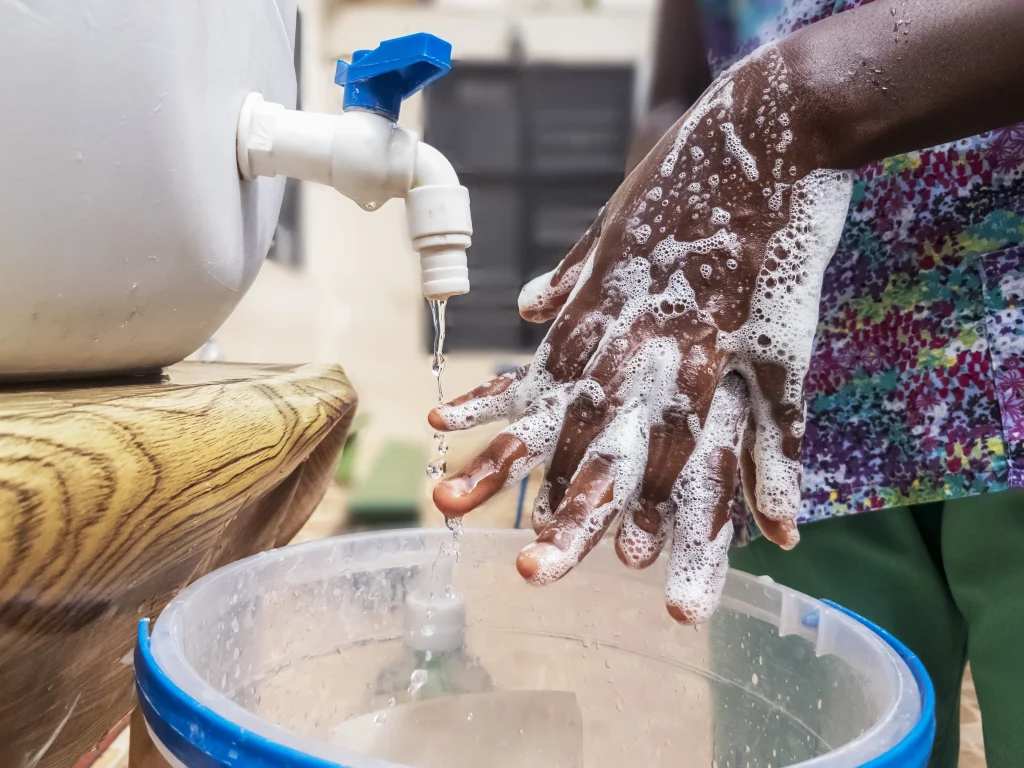
Waterborne Diseases in Rural Communities and How to Prevent Them
Access to clean water remains a pressing issue in many rural communities, leading to widespread waterborne diseases. These diseases, such as cholera, dysentery, and typhoid, significantly affect the health and productivity of affected populations, especially children and the elderly.
Understanding the Causes
Contaminated water sources are the primary culprits behind waterborne diseases. Improper waste disposal, lack of sanitation facilities, and open defecation contribute to the contamination of rivers, streams, and wells. Inadequate awareness about boiling or treating water before consumption further exacerbates the problem.

Prevention Strategies
Preventing waterborne diseases requires a multifaceted approach:
- Community Education: Teaching residents about the importance of clean water and proper sanitation practices.
- Improved Infrastructure: Building boreholes, wells, and latrines to provide clean water and hygienic waste disposal options.
- Regular Health Camps: Conducting health camps to treat existing cases and distribute water purification tools like chlorine tablets and filters.
Real Impact, Real Stories
Heirs Life Foundation International has implemented water and sanitation projects in several villages, reducing disease incidence by over 50%. One remarkable story is that of a community in northern Nigeria where installing a borehole not only provided clean water but also reduced school absenteeism among children who previously spent hours fetching water.
Recent Posts
Inspiring Change: The Power of One Step Towards a Better Tomorrow
Top 10 Humanitarian Service Agencies in Nigeria
The Strength in Never Giving Up
Food & Welfare
Prisons Visitation
Scholarship for Pupils and Students
Medical Outreach
Widows’ Helping Hand
Orphanage Visitations and Support
+234 (802) 053 0249
info@heirslifeinternational.com





















